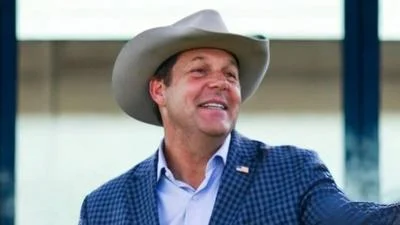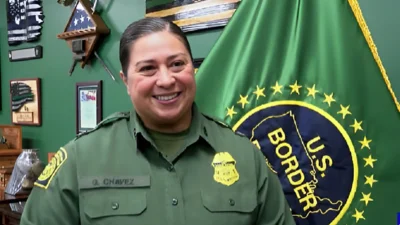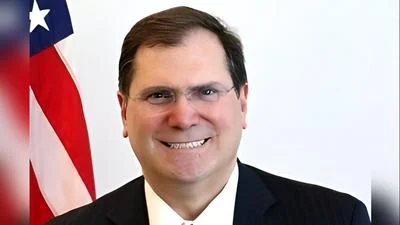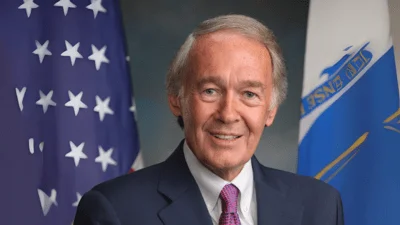Energy and Commerce Chairman Frank Pallone, Jr. (D-NJ) and Oversight and Investigations Subcommittee Chair Diana DeGette (D-CO) wrote to Health and Human Services (HHS) Secretary Alex Azar, Department of Justice (DOJ) Attorney General William Barr, and Department of Homeland Security (DHS) Acting Secretary Chad Wolf today to inquire about what efforts the federal government is undertaking to oversee suppliers of life-saving personal protective equipment (PPE), testing supplies, and other critical medical supplies, and how the agencies are coordinating on these efforts in response to the COVID-19 pandemic.
“We write to express serious concerns regarding reports of health care providers and governments at all levels continuing to encounter challenges in reliably procuring vital medical supplies needed to combat COVID-19," Pallone and DeGette wrote in their letter. “We also want to better understand the extent to which the federal government is overseeing and coordinating these procurement activities."
Recent reports indicate that health care providers and other frontline workers across the country continue to face significant shortages of PPE and other critical supplies, especially those working in smaller safety net hospitals and nursing homes serving some of the most vulnerable communities.
“In the absence of a centralized coordination effort at the federal level, health care providers and governments at all levels-which may lack experience in procuring scarce goods in a chaotic global market-have been forced to compete against each other to secure the supplies they need," Pallone and DeGette continued in their letters to Azar, Barr and Wolf.
The Chairs point to troubling procurement reports, including:
* Blue Flame Medical LLC-a company that reportedly formed in the early weeks of the pandemic and offers to supply ventilators, respirators, and other scarce PPE- has reportedly received large upfront deposits under certain contracts but did not fulfill supply orders under the terms agreed upon;
* New York State reportedly entered into an $86 million contract with a Silicon Valley engineer to supply over 1,400 ventilators, despite lacking experience in the medical supply field. HHS reportedly referred state officials to the engineer-who required a $69 million upfront payment. The deal, however, reportedly fell apart after a bank froze funds that New York had wired for the transaction and state officials were unable to confirm the stockpile of ventilators;
* The State of California reportedly canceled a nearly $800 million contract after a supplier, Bear Mountain Development Co. LLC, failed to timely deliver most of the supplies due under the contract;
* The Indian Health Service (IHS) reportedly awarded a $3 million contract to supply respirator masks to Navajo Nation hospitals to an individual who created a medical supply company less than two weeks before receiving the award and possessed no prior federal contracting experience. IHS reportedly discovered that 247,000 masks delivered under the contract may be unsuitable for medical use, while an additional 130,000 masks are not of the type specified in the procurement data.
“These and other reports indicate that health care providers and governments at all levels have struggled, and may continue to struggle, to reliably secure medical supplies and effectively navigate supply chains in which the risk of error and fraud is dangerously high," Pallone and DeGette continued.
As part of their inquiry, the Members requested the Department leaders answer a series of questions by July 6, 2020, regarding how the federal government is overseeing and facilitating the procurement of COVID-19 medical supplies.




